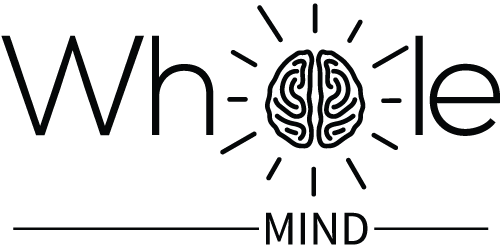
What is the difference between
Mania and Hypomania?
Mania and Hypomania are conditions where individuals experience episodes of high energy and elevated mood. Emotions like happiness, anger, and irritability are noticeably heightened and can be overwhelming. This change is dramatic, noticeable, and affects everyday ability to function. The key difference between the two conditions is the duration of each episode. Hypomania symptoms persist only a few days, whereas Mania can last for weeks at a time. In some cases, Hypomania symptoms are less severe but still noticeable.
Dealing with these conditions can be exhausting, and coming down from an episode is a difficult experience. People can often experience depression after an episode of mania or hypomania and it can be incredibly difficult to manage. This makes the treatment of mania and hypomania crucial in easing the overwhelming burden of this mental illness.
What are the common symptoms?
The symptoms for both Mania and Hypomania are the same and vary in duration and severity. Those symptoms are:
Extremely high energy
Lack of sleep
Elevated mood
Elevated irritability
Increased self-esteem
Faster than normal speech patterns
Impulsivity
Racing thoughts
Increased activity
Treatment Options
Because these two conditions are symptoms of larger disorders, a psychiatrist aims to treat the whole disorder. The treatments available includes:
Cognitive Behavioral Therapy (CBT) is a successful treatment for Bipolar Disorder especially when paired with medication. Interpersonal and Social Rhythms Therapy has also shown benefit specifically for bipolar disorder.
Psychotherapy (AKA Talk Therapy)
There are many medication options for bipolar disorder. Our medical professionals at Whole Mind will work with you to find the safest and most effective medication while minimizing potential side effects.
Medication
Studies show that those with mania and hypomania improve when they abstain from drugs, cigarettes, and alcohol. Regulating sleep patterns has also been shown to be imperative for people managing this condition.



